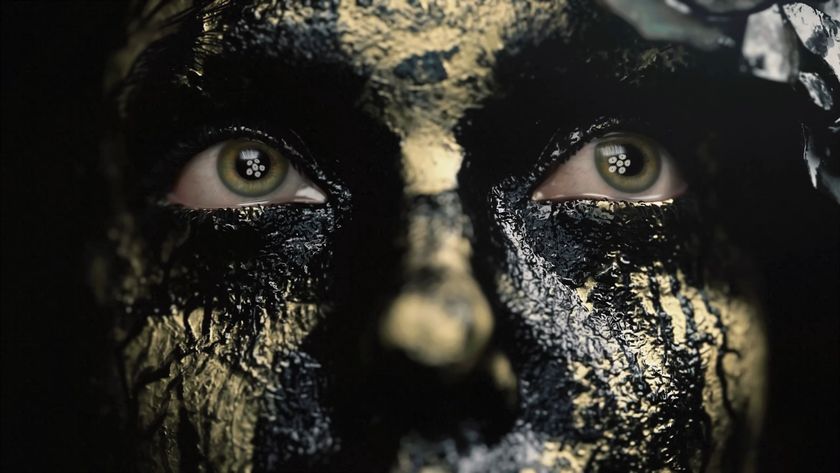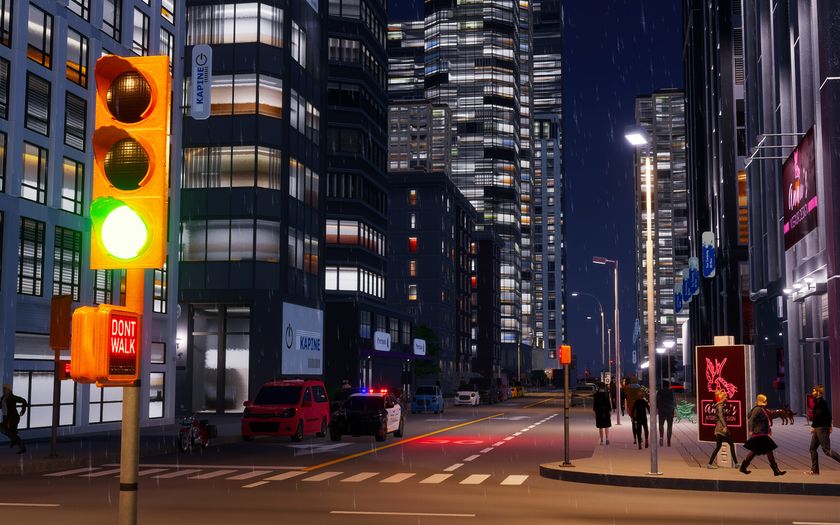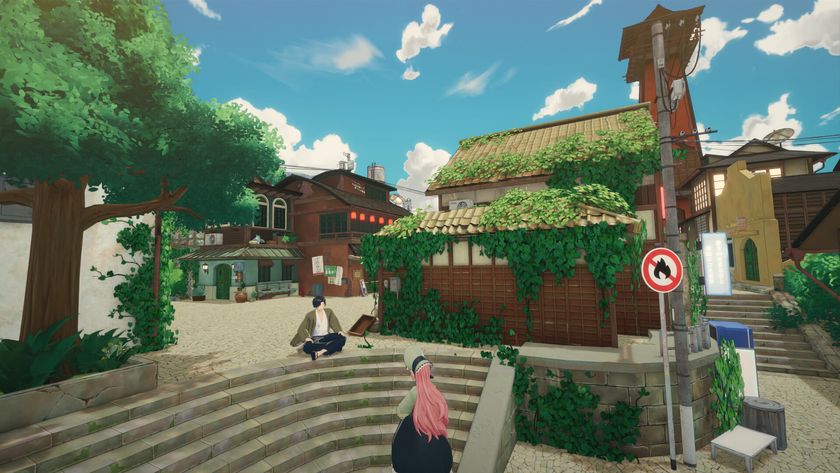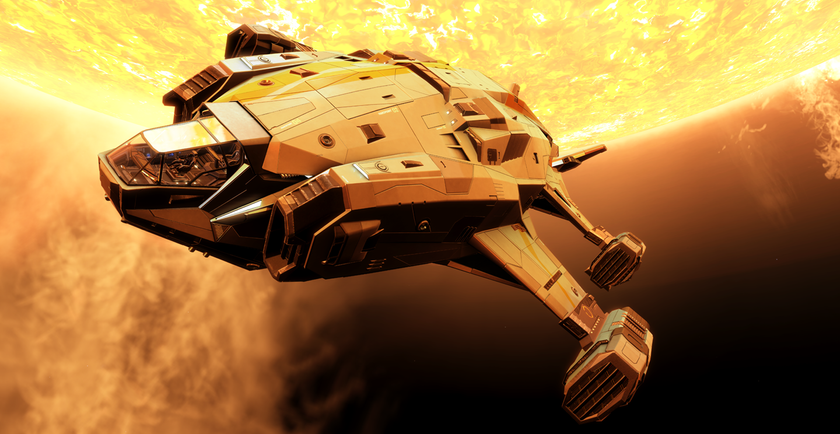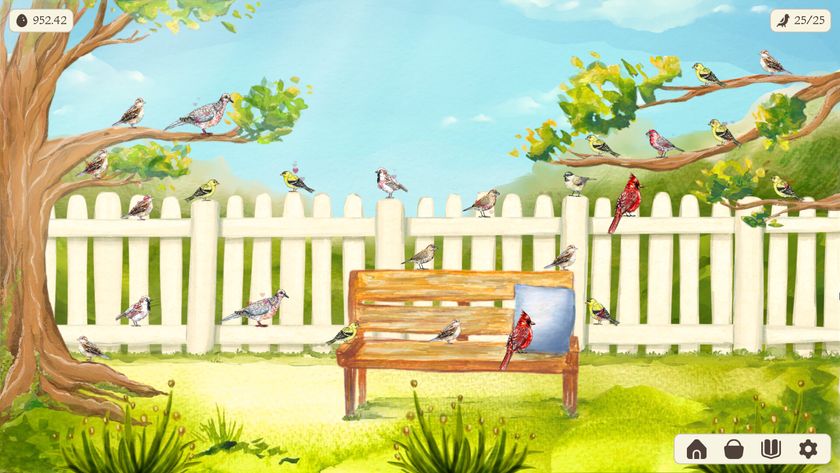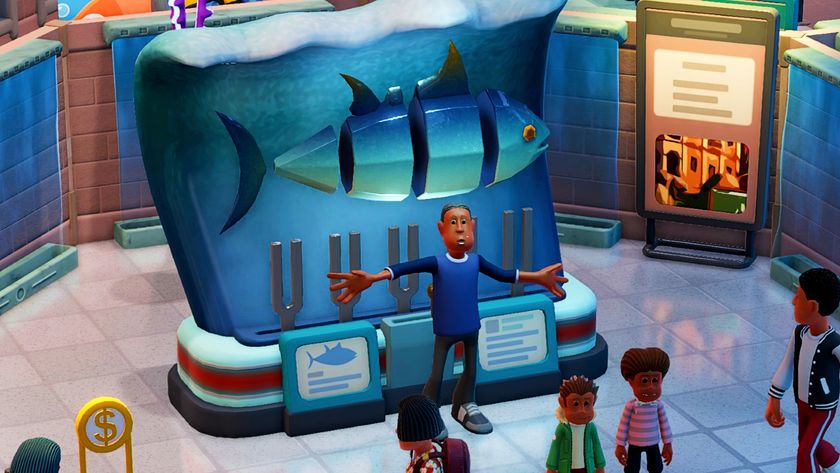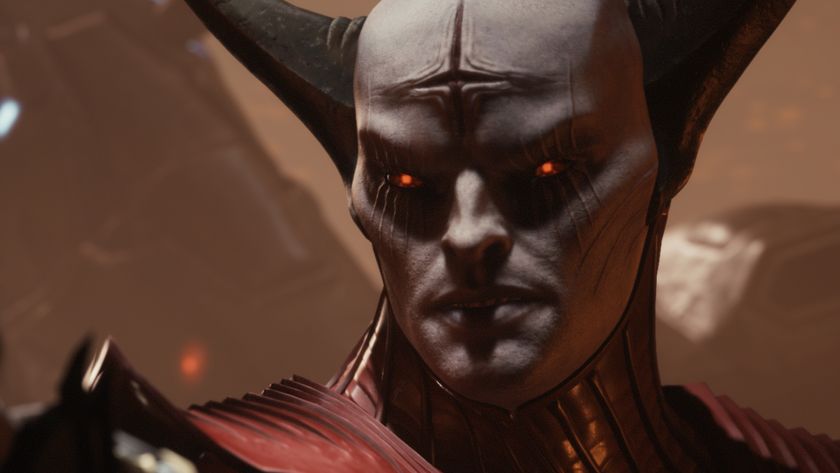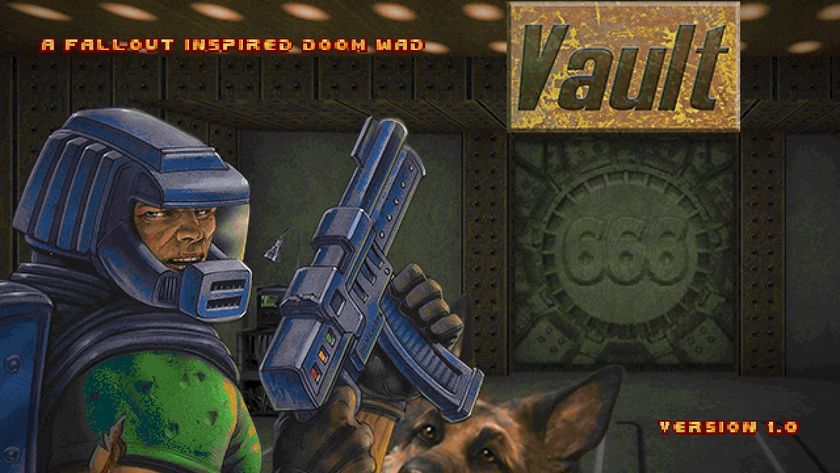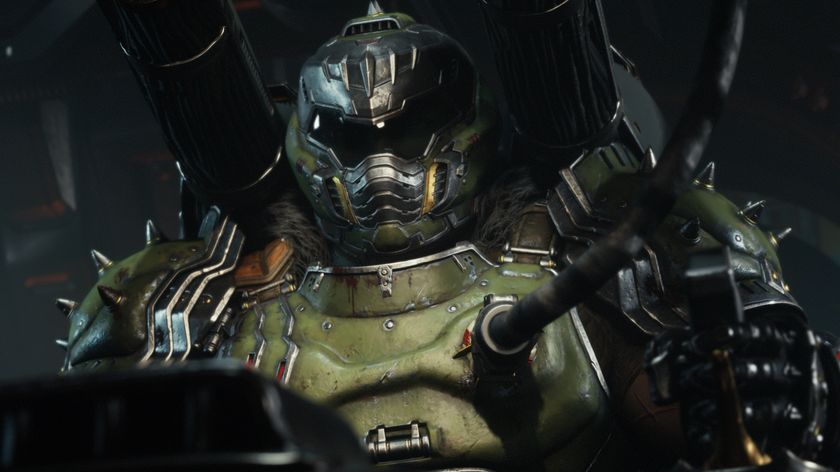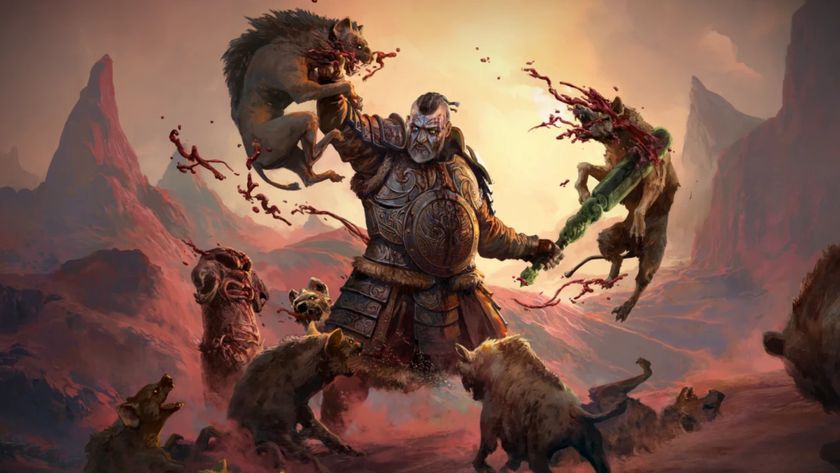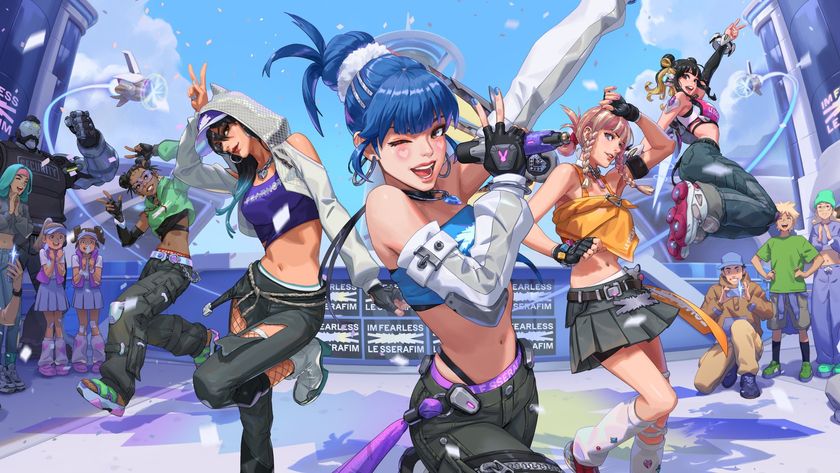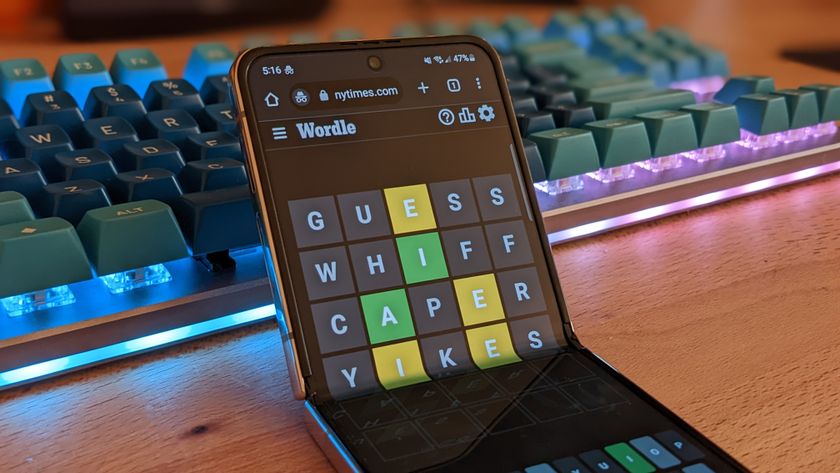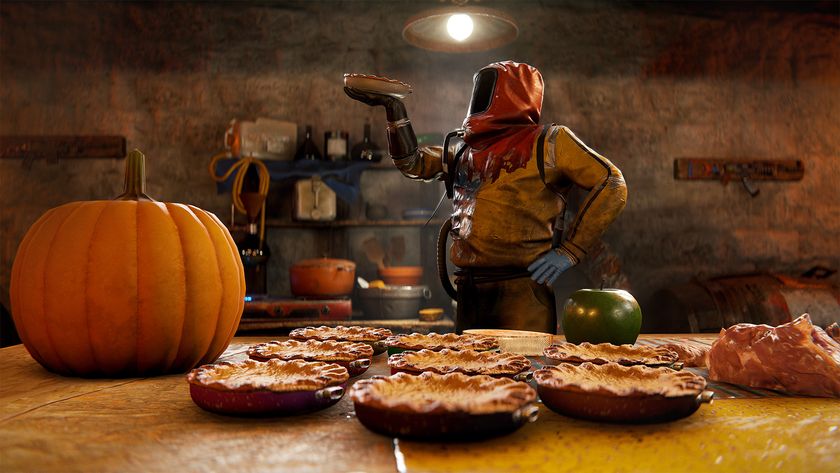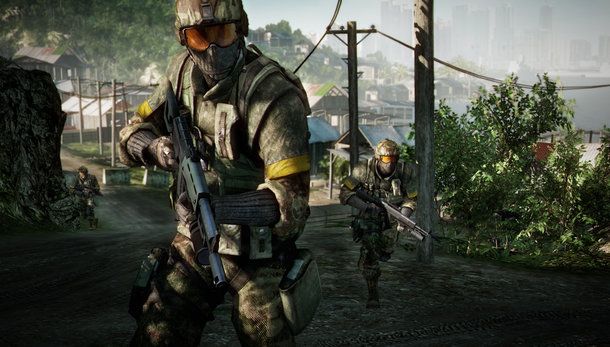BeamNG.drive crashes onto Steam Greenlight

Real-time soft-body physics might sound like the technology powering an erotic Oculus Rift game, but in reality it's the magic maths that helps make BeamNG's crashes look as crunchy as they do. What started as a physics tech demo has slowly been transforming into an open-world driving game, named BeamNG.drive. That game has now taken a turn onto the Greenlight highway , and is hoping to gain enough momentum to pass through the Steam barrier.
The developers are planning to create an open world vehicle simulator, in which you can buy and fix up old bangers, take them out to the open road, crash them, fix them up, take them out to the open road and get trapped in a vicious and never ending cycle of death and rebirth. Plenty of other features are planned too, with the Greenlight page mentioning "police chases, stunt challenges, and other specialized minigames."
Mostly, though, there's plenty of spectacularly detailed vehicle destruction. As Next Car Game continues to prove , sometimes that's more than enough.
The biggest gaming news, reviews and hardware deals
Keep up to date with the most important stories and the best deals, as picked by the PC Gamer team.

Phil has been writing for PC Gamer for nearly a decade, starting out as a freelance writer covering everything from free games to MMOs. He eventually joined full-time as a news writer, before moving to the magazine to review immersive sims, RPGs and Hitman games. Now he leads PC Gamer's UK team, but still sometimes finds the time to write about his ongoing obsessions with Destiny 2, GTA Online and Apex Legends. When he's not levelling up battle passes, he's checking out the latest tactics game or dipping back into Guild Wars 2. He's largely responsible for the whole Tub Geralt thing, but still isn't sorry.
